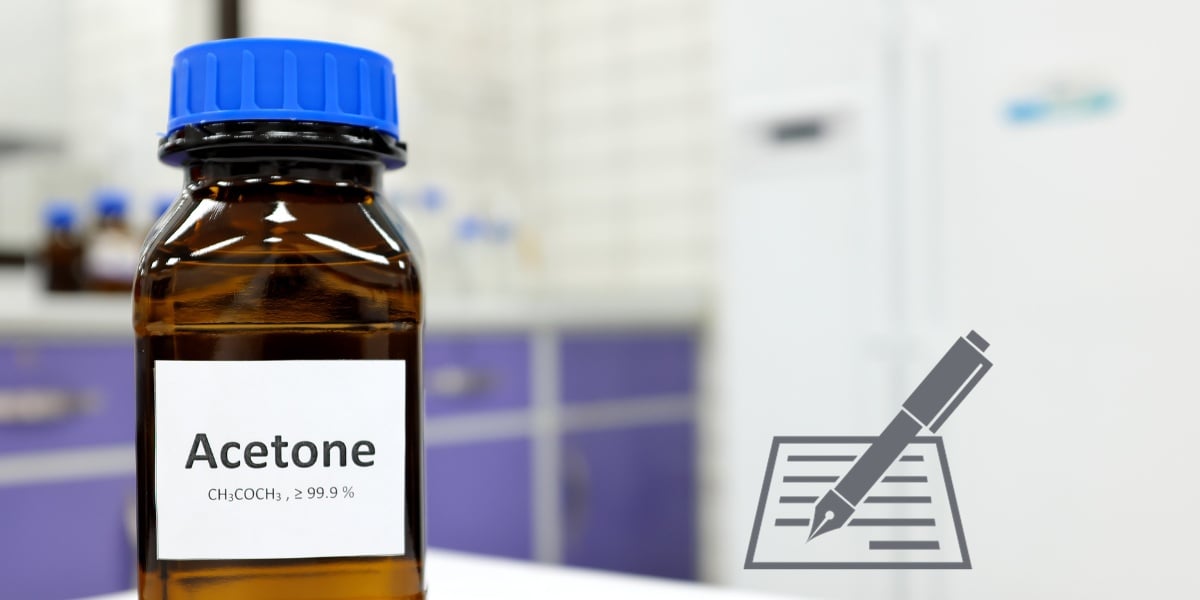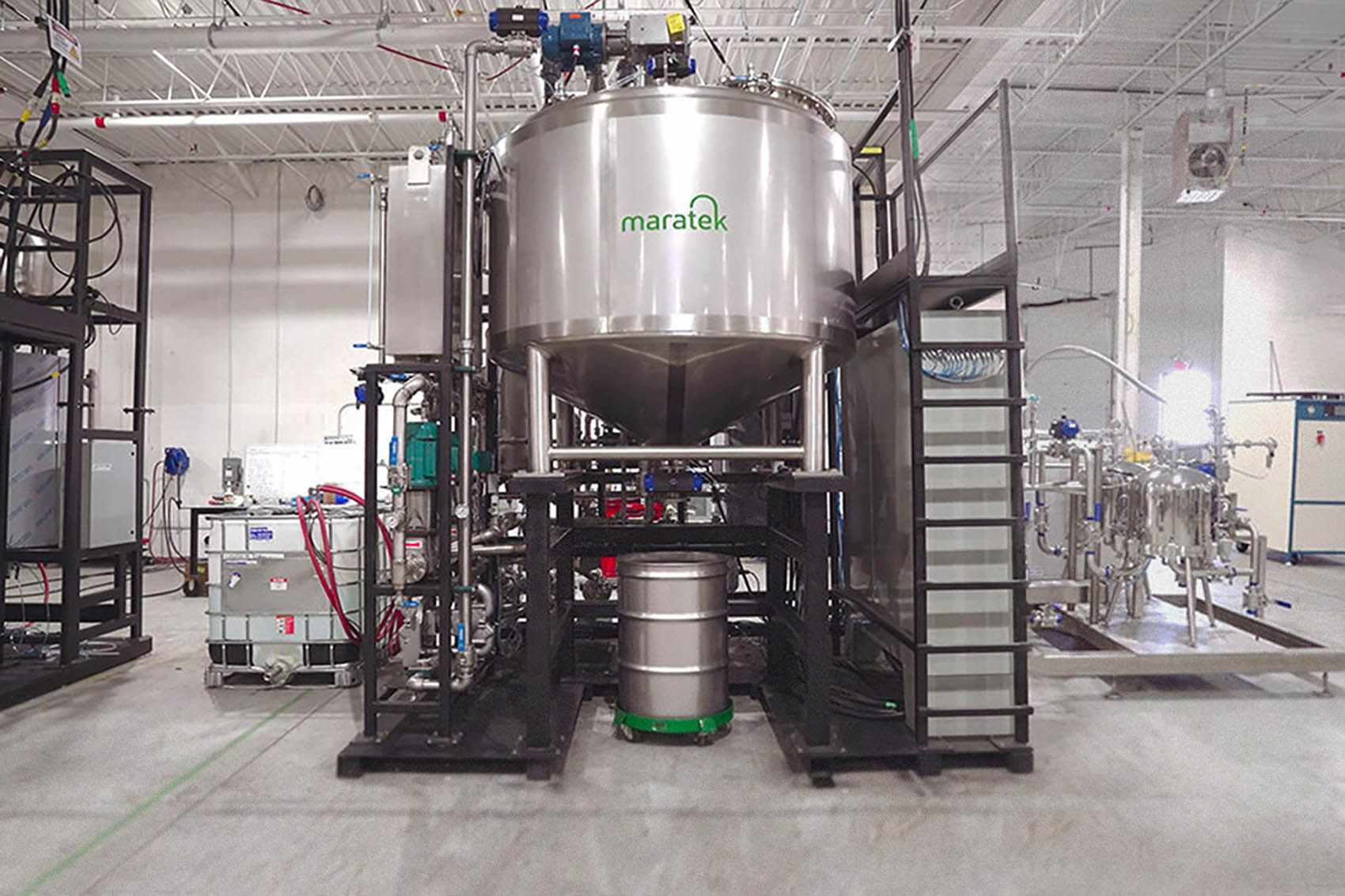An Introduction to Acetone: Everything You Need to Know
 Acetone, a versatile solvent, finds widespread use in various industries worldwide. This blog provides insights into what acetone is, its diverse applications, the current state of the acetone market (as of 2023), and the essential practice of acetone recycling.
Acetone, a versatile solvent, finds widespread use in various industries worldwide. This blog provides insights into what acetone is, its diverse applications, the current state of the acetone market (as of 2023), and the essential practice of acetone recycling.
What is Acetone?
Acetone, chemically represented as CH3COCH3, is a methyl ketone known by multiple names, including acetone, dimethyl ketone, or 2-propanone. This volatile, colorless liquid possesses aromatic properties and a boiling point of 133 °F or 56 °C.
While acetone can be found in nature, it is primarily produced industrially. Interestingly, our bodies can naturally produce acetone as a byproduct during the breakdown of fats. Industrial production of acetone is commonly achieved through the cumene process, which yields both acetone and phenol.
Alternatively, acetone can be produced via the dehydrogenation of isopropyl alcohol.
How is Acetone Used?
Acetone serves as an effective solvent capable of dissolving various substances, including fats, cellulose esters, and resins. It plays a vital role in the production of explosives, artificial fibers, pharmaceuticals, cosmetics, inks, paints, and varnishes. Additionally, acetone serves as a precursor in the chemical synthesis of numerous compounds.
Within the flooring and cabinetry industries, acetone finds utility as a cleaning agent for equipment used in wood staining and painting. Automated machinery is employed for wood staining, and acetone is subsequently used to thoroughly clean this equipment and its application lines. Notably, any residual acetone can be collected and recycled for reuse.
Due to its flammability, proper precautions must be taken when storing acetone. Adequate labeling and safety information on acetone containers are essential. Additionally, handling acetone requires the use of appropriate personal protective equipment (PPE), given its potential for eye irritation. Always remain aware of potential risks when dealing with chemical substances.
The Acetone Market
The acetone market is currently experiencing an estimated compound annual growth rate of 3.4% from 2023 to 2028. In 2020, global acetone production reached 7 million metric tons, with the Asia-Pacific region accounting for 46% of the world's acetone share.
Europe serves as the largest exporter of acetone, with a thriving cosmetic market further supporting acetone demand in the region. Growing demand for acetone is evident in end-use industries, particularly in India and China, driven by expansions in pharmaceuticals, cosmetics, and paint manufacturing.
Overall, the global market is projected to reach an output of 8.6 million metric tons by 2026.
How is Acetone Recycled?
Considering the widespread use of acetone across industries, a significant portion becomes waste. What happens to this spent acetone? Recycling offers a more economical and environmentally friendly solution compared to disposal. It allows for the recovery and reuse of waste acetone, reducing solvent purchasing costs. Here's how the process works:
- Feed and Distillation: Waste acetone is deposited into the feed vessel. It then moves to the distillation vessel, where it is heated using thermal jackets with electric heaters. This raises the temperature to the boiling point. When the boiling point is reached, the acetone vaporizes.
- Condensation: The acetone vapor travels into a condenser, where it is condensed and recovered as pure acetone.
- Residual Waste: Any waste left in the distillation vessel after the process must be disposed of safely.
It's important to note that vacuum distillation is not an effective method for acetone recovery due to the small size of acetone molecules, which can be pulled out by the vacuum along with the air present in the vessel, rendering successful recovery impossible.
Maratek offers the right equipment and expertise for efficient and effective acetone waste recovery and recycling.
We provide a range of solvent recovery systems that simplify acetone recovery. If you're interested in learning more about cost-effective solvent recovery, please don't hesitate to contact Maratek today.





